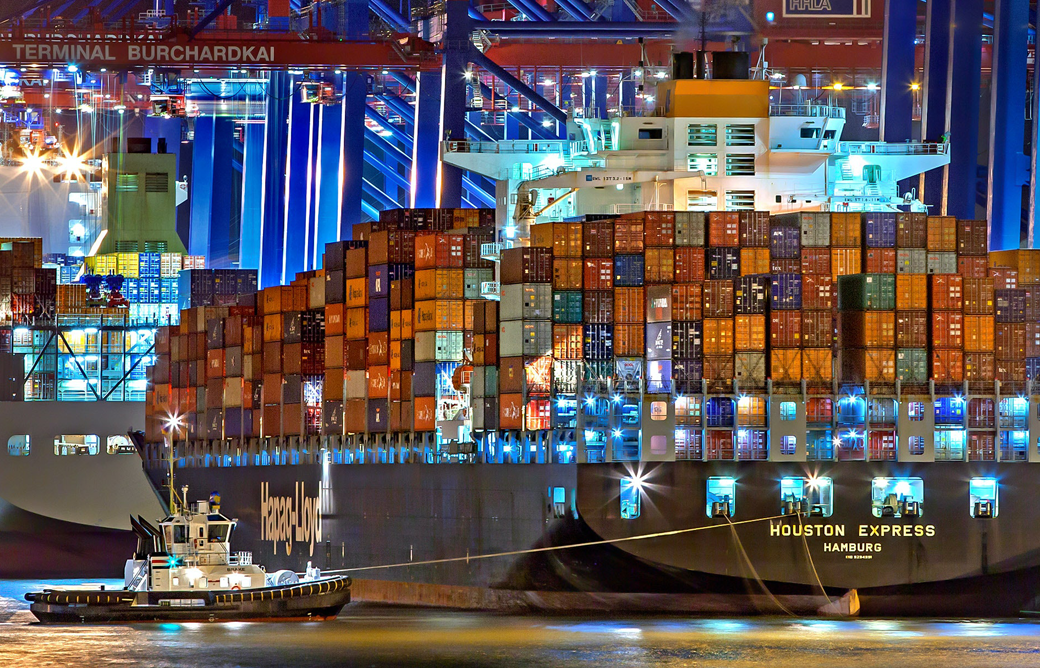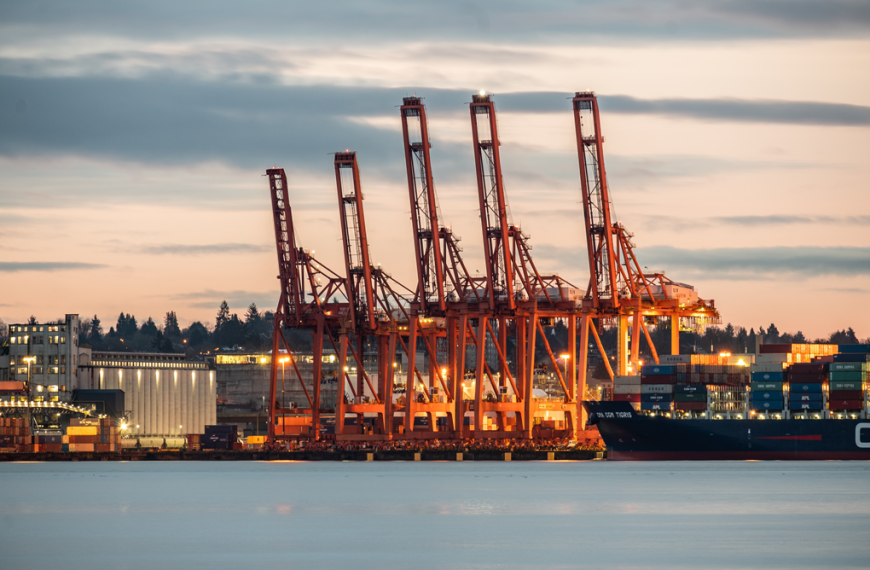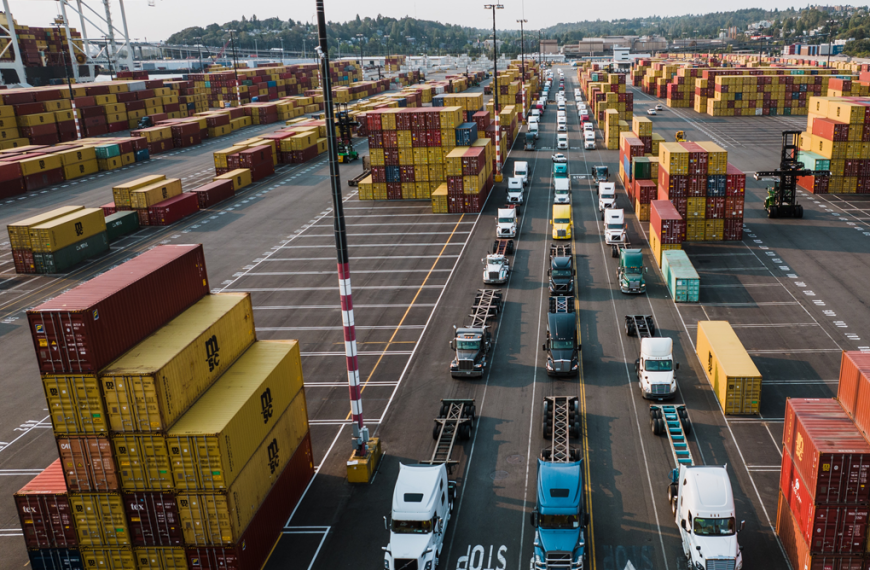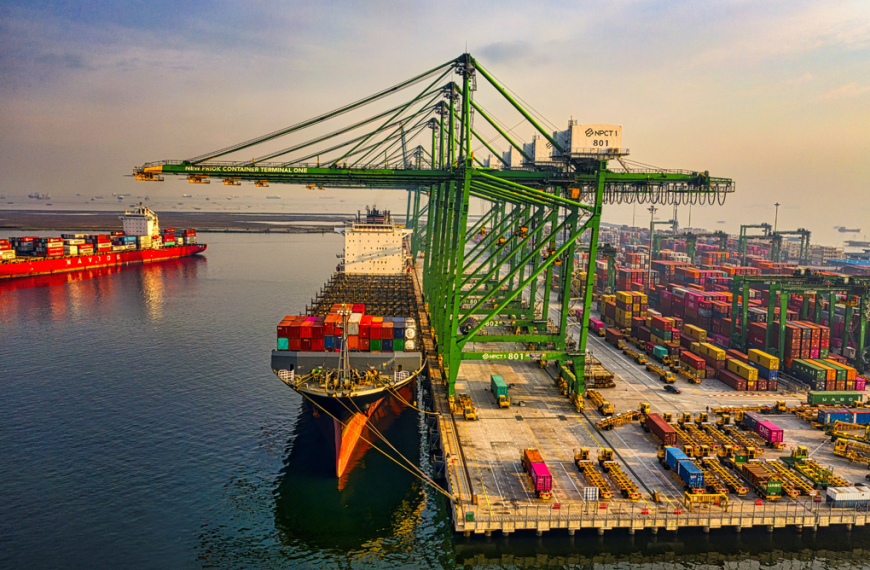If you are new to the world of shipping and transportation, the terms logistics and freight forwarding may seem interchangeable. However, they are two different concepts, each with its unique role in the supply chain.
In this article, we will discuss the differences between logistics and freight forwarding, what a freight forwarder does, the benefits of using a freight forwarder, what a logistics company is, and what a third-party logistics company (3PL) does. We will also cover the advantages and disadvantages of 3PLs and why you should consider using Afodel freight agents for your logistics and freight forwarding needs.
- Logistics vs. Freight Forwarding
- What Does a Freight Forwarder Do?
- Benefits of Using a Freight Forwarder
- What is a Logistics Company?
- What Does a Third-Party Logistics Company (3PL) Do?
- The Importance of Logistics and Freight Forwarders
- Why You Should Use Afodel Freight Agents
- Frequently Asked Questions (FAQs)
Logistics vs. Freight Forwarding
Logistics refers to the overall management of the flow of goods, information, and resources from the point of origin to the point of consumption. It involves planning, implementing, and controlling the movement of goods and information from one place to another.
On the other hand, freight forwarding is a subset of logistics. It refers to the process of organizing and arranging the shipment of goods from one place to another. Freight forwarders act as intermediaries between shippers and carriers, ensuring that goods are transported from the point of origin to the destination safely and efficiently.

| Logistics | Freight Forwarding |
|---|---|
| Manages flow of goods from origin to consumption. | Specializes in transportation of goods from one destination to another, often using multiple modes of transport. |
| Covers procurement, inventory management, and order fulfillment. | Focuses primarily on transportation and documentation of cargo. |
| Involves planning and coordination of entire supply chain. | Involves arranging and booking cargo shipments with carriers. |
| Includes functions like customer service, warehouse management, and distribution. | Primarily deals with customs clearance, insurance, and regulatory compliance. |
| Offers end-to-end solutions for businesses, including inbound and outbound logistics. | Offers more focused solutions, mainly for outbound logistics. |
| Helps businesses reduce costs and improve efficiency through supply chain optimization. | Helps businesses save time and reduce risk by managing transportation logistics. |
| Requires a broader set of skills, including strategic planning, financial management, and IT expertise. | Requires specialized knowledge in transportation regulations, carrier selection, and freight rates. |
| Involves a higher level of communication and collaboration with various stakeholders, including suppliers, manufacturers, and customers. | Involves more direct interaction with carriers, customs brokers, and freight agents. |
| Focuses on providing value-added services, such as packaging, labeling, and kitting. | Focuses on providing documentation services, such as bills of lading and export declarations. |
| Offers more flexibility in terms of customization and scalability of logistics solutions. | Offers more standardized services, often based on pre-negotiated rates and terms. |
What Does a Freight Forwarder Do?
A freight forwarder is a specialist in arranging the transportation and storage of goods on behalf of its clients. They handle all aspects of the shipment, including documentation, customs clearance, and insurance.
Stages Of Freight Forwarding: A Guide To Successful Shipment
Freight forwarding is the process of arranging and managing the transportation of goods from one place to another. It involves several stages that must be carefully planned and executed to ensure the safe and timely delivery of goods.
In this article, we will take a closer look at the stages of freight forwarding and the important considerations for each stage.
Stage 1: Booking
The first stage of freight forwarding is booking. This involves coordinating with the client to determine the shipment’s origin, destination, and other details, such as the size, weight, and type of goods.
The freight forwarder will then use this information to arrange transportation and coordinate with carriers to secure space for the shipment. During this stage, it is essential to ensure that all necessary documents, such as bills of lading and customs declarations, are properly completed and filed.
Stage 2: Transportation
Once the shipment is booked, it is time to arrange for transportation. This may involve one or more modes of transportation, such as air, sea, rail, or road.
The freight forwarder must coordinate the movement of the goods, ensuring that they are loaded and unloaded safely and efficiently. They must also track the shipment’s progress and provide regular updates to the client on its status.
Stage 3: Customs Clearance
Customs clearance is a critical stage of freight forwarding, particularly for international shipments. It involves clearing the goods through customs, ensuring that all necessary paperwork is completed, and any duties and taxes are paid.
The freight forwarder must be familiar with the customs regulations and requirements of the countries involved in the shipment. They must also ensure that the goods meet all relevant safety and environmental standards.
Stage 4: Delivery
Once the shipment has been cleared through customs, it is time for delivery. The freight forwarder must coordinate with the client and the carrier to ensure that the goods are delivered to their final destination safely and on time.
During this stage, the freight forwarder must also ensure that all necessary documentation, such as delivery receipts and proof of delivery, is properly completed and filed.
Stage 5: Post-Delivery Support
The final stage of freight forwarding is post-delivery support. This involves providing support and assistance to the client after the shipment has been delivered.
The freight forwarder must address any issues or concerns that arise and provide ongoing support to ensure that the client is satisfied with the shipment’s outcome.
Conclusion
Freight forwarding involves several stages that must be carefully planned and executed to ensure successful shipment. Booking, transportation, customs clearance, delivery, and post-delivery support are all essential stages that require expertise and attention to detail.
By working with a reputable and experienced freight forwarder, businesses can ensure that their shipments are handled efficiently and effectively, from start to finish. With the right freight forwarder, businesses can achieve their shipping goals while minimizing risks and maximizing cost savings.
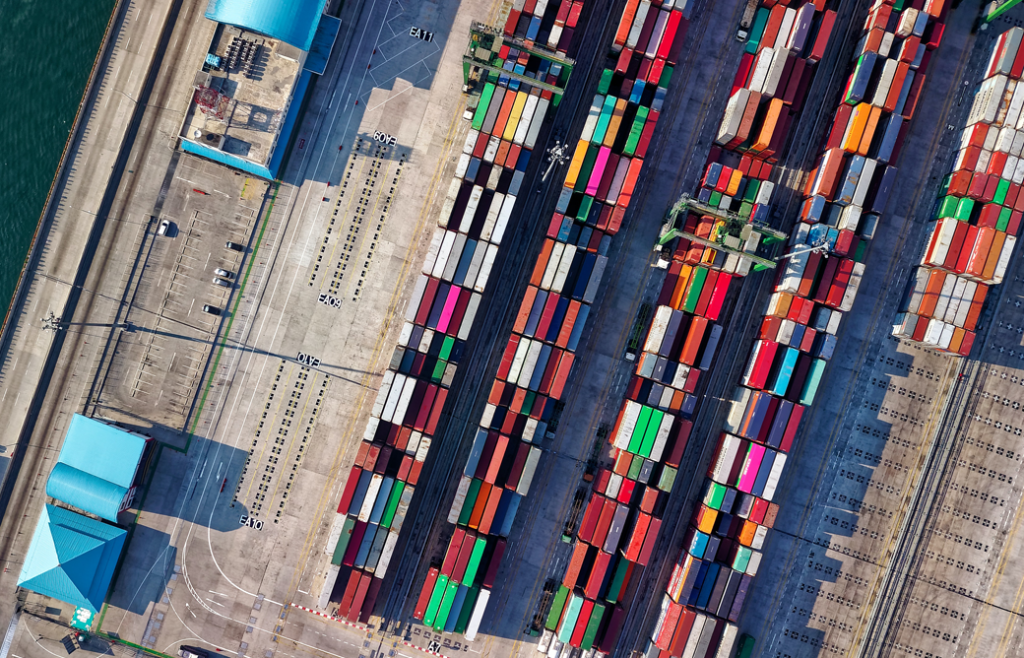
Benefits of Using a Freight Forwarder
Using a freight forwarder has several advantages. First, they have expertise in navigating the complex regulations and requirements involved in international shipping. They can help ensure that your goods are shipped safely and arrive at their destination on time.
Shipping goods from one place to another can be a complex and time-consuming process, especially for businesses that deal with international trade. Freight forwarding services can simplify the process and provide a range of benefits for businesses of all sizes.
In this article, we will explore the key benefits of using a freight forwarder for your business.
Benefit 1: Expertise and Experience
Freight forwarders have the expertise and experience to handle all aspects of shipping, from documentation to transportation. They have a deep understanding of the complexities of shipping, including customs regulations, trade agreements, and transportation requirements.
By working with a freight forwarder, businesses can leverage their expertise to ensure that their shipments are handled efficiently and effectively.
Benefit 2: Cost Savings
Freight forwarders have established relationships with carriers, which allows them to negotiate better rates for their clients. They can also consolidate shipments to optimize transportation costs.
By working with a freight forwarder, businesses can reduce their shipping costs and improve their bottom line.
Benefit 3: Time Savings
Shipping can be a time-consuming process, especially for businesses that are not familiar with the regulations and requirements involved. Freight forwarders can handle all aspects of shipping, allowing businesses to focus on their core operations.
By outsourcing their shipping needs to a freight forwarder, businesses can save time and improve their productivity.
Benefit 4: Risk Management
Shipping involves inherent risks, such as damage to goods, delays, and lost shipments. Freight forwarders can help businesses manage these risks by providing insurance coverage and contingency plans.
By working with a freight forwarder, businesses can minimize their exposure to risks and ensure that their shipments are protected.
Benefit 5: Global Reach
Freight forwarders have a global network of partners and agents, which allows them to provide services to businesses of all sizes and in all industries. They can handle shipments to and from virtually any location in the world.
By working with a freight forwarder, businesses can expand their reach and tap into new markets around the world.
What is a Logistics Company?
A logistics company is a third-party provider that offers logistics services to businesses. These services may include transportation, warehousing, inventory management, packaging, and distribution.
Logistics companies work with businesses to streamline their supply chain and ensure that their products are delivered to customers on time and at a reasonable cost.

What Do Logistics Companies Do?
Logistics companies perform a range of services to help businesses manage their supply chain. Here are some of the key activities that logistics companies may be involved in:
| Service | Description |
|---|---|
| Transportation | Management of goods transportation from one location to another by selecting the best mode of transportation and coordinating with carriers. |
| Warehousing | Provision of storage solutions to businesses that need to store their goods for a period of time. |
| Inventory Management | Real-time tracking and monitoring of stock levels to optimize inventory and avoid stockouts. |
| Packaging | Designing custom packaging, selecting the best materials, and ensuring that products are packed correctly. |
| Distribution | Coordination with carriers, managing customs clearance, and ensuring that shipments are delivered on time. |
Transportation
Logistics companies manage the transportation of goods from one location to another. This may involve selecting the best mode of transportation, such as air, sea, or land, and coordinating with carriers to ensure that shipments are delivered on time.
Warehousing
Logistics companies provide warehousing and storage solutions to businesses that need to store their goods for a period of time. This may involve managing inventory, picking and packing orders, and handling returns.
Inventory Management
Logistics companies help businesses manage their inventory by providing real-time tracking and monitoring of stock levels. This allows businesses to optimize their inventory and avoid stockouts.
Packaging
Logistics companies provide packaging solutions to businesses that need to ship their products safely and securely. This may involve designing custom packaging, selecting the best materials, and ensuring that products are packed correctly.
Distribution
Logistics companies manage the distribution of goods from the warehouse to the end customer. This may involve coordinating with carriers, managing customs clearance, and ensuring that shipments are delivered on time.
Conclusion
In conclusion, logistics companies play a critical role in managing the transportation, warehousing, and distribution of goods for businesses. They provide a range of services to help businesses streamline their supply chain and ensure that their products are delivered to customers on time and at a reasonable cost.
If you are looking for a reliable and experienced logistics company, consider Afodel Freight Agents, a leading provider of logistics services for businesses around the world. With our expertise and experience, we can help you optimize your supply chain and achieve your business goals.
What Does a Third-Party Logistics Company (3PL) Do?
A third-party logistics company, or 3PL, is a specialized logistics provider that offers outsourced logistics services to businesses. They provide end-to-end logistics solutions, including transportation, warehousing, and distribution.
The advantages of using a 3PL include cost savings, access to specialized expertise, and scalability. However, there are also some disadvantages, such as reduced control over the logistics process and potential communication issues with the 3PL provider.
The Importance of Logistics and Freight Forwarders
Here are some reasons why logistics and freight forwarding are essential for businesses:
- Efficiency: Logistics and freight forwarding help businesses move their products efficiently and cost-effectively. By optimizing the supply chain, businesses can reduce transportation costs, minimize inventory levels, and improve delivery times.
- Customer Satisfaction: Logistics and freight forwarding are crucial in ensuring that businesses can meet customer demand by delivering products on time and in good condition. This helps to build customer loyalty and maintain a positive reputation in the marketplace.
- Global Reach: Logistics and freight forwarding enable businesses to expand their operations globally by providing access to international markets. This helps businesses reach new customers and increase their revenue streams.
- Risk Management: Logistics and freight forwarding help businesses manage risks associated with transportation, such as damage to goods, delays, and regulatory compliance. Freight forwarders provide expertise in navigating these risks, minimizing the impact on businesses.
- Specialized Services: Freight forwarders offer a range of specialized services, such as temperature-controlled transport, hazardous materials handling, and oversized cargo shipping. These services help businesses transport goods that require specialized handling and care.
Conclusion
Logistics and freight forwarding are essential for businesses that need to move their goods from one location to another. By optimizing the supply chain, businesses can reduce costs, improve delivery times, and meet customer demand. Freight forwarders provide expertise in navigating the complexities of international trade and offer a range of specialized services to meet the unique needs of businesses. Whether you are a small business or a multinational corporation, logistics and freight forwarding can help you achieve your business goals.

Why You Should Use Afodel Freight Agents
Afodel Freight Agents is a leading logistics and freight forwarding company that offers a wide range of services to businesses of all sizes. They have a team of experienced professionals who can help you navigate the complexities of international shipping and logistics.
By working with Afodel, you can benefit from their expertise, established relationships with carriers, and access to advanced logistics technology. They offer a range of services, including air freight, sea freight, customs clearance, and warehousing.
In conclusion, logistics and freight forwarding are essential components of the supply chain. Understanding the differences between the two and the benefits of using a freight forwarder or logistics company can help you optimize your logistics operations and achieve your business goals.
Frequently Asked Questions (FAQs)
What is the difference between logistics and freight forwarding?
Logistics is the process of planning, implementing, and controlling the efficient and effective flow of goods and services from the point of origin to the point of consumption. Freight forwarding, on the other hand, is a specialized service that focuses on the transportation of goods from one destination to another.
What is logistics and freight?
Logistics and freight are two interrelated concepts in the supply chain management process. Logistics involves the management of the flow of goods from the point of origin to the point of consumption, while freight refers to the goods that are being transported.
What does a freight forwarder do in logistics?
A freight forwarder is a service provider that specializes in managing the transportation of goods from one destination to another. They are responsible for arranging the movement of cargo, handling customs clearance, and ensuring compliance with regulations. Freight forwarders also offer value-added services, such as cargo insurance and documentation, to ensure that the goods are transported safely and efficiently.

